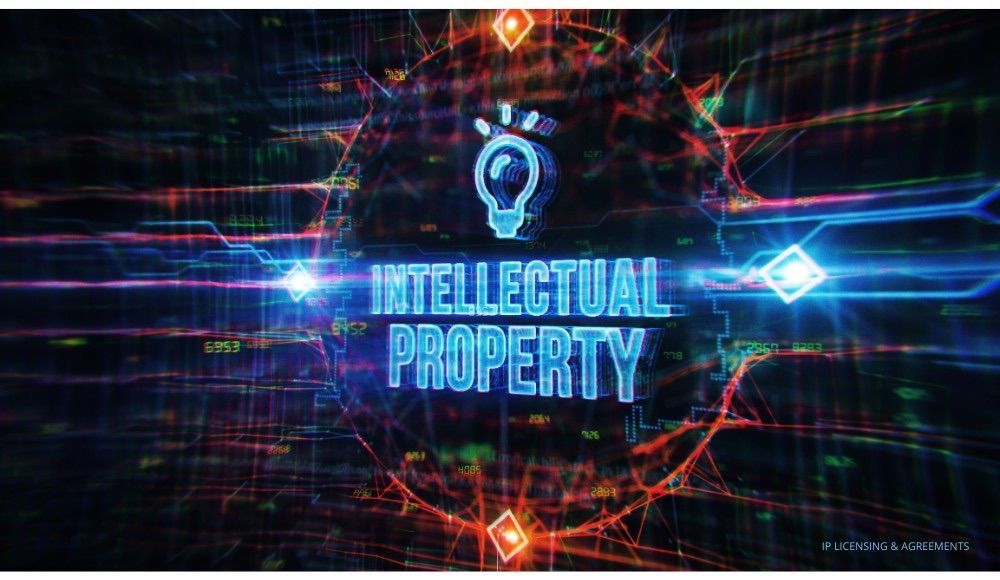Resolving Contract Disputes Effectively

Contract disputes can arise despite well-drafted agreements. Effectively resolving them requires strategic approaches that minimize costs, preserve relationships, and achieve fair outcomes. Below are the best practices:
Clarifying Agreement Terms
When the terms of a contract are clearly defined, both parties understand their obligations and expectations. Clearly defined terms reduce ambiguity and prevent misinterpretations, which can lead to disagreements. This clarity promotes effective communication and enables parties to address and resolve issues amicably and quickly while minimizing potential disruptions.
Precise contract terms should outline the project's scope, timelines, deliverables, and payment details, which are essential for managing the parties' expectations. Similarly, clear terms can serve as a reference point in mediation or arbitration by providing a concrete basis for settling disputes. This approach promotes transparency and trust while maintaining a positive working relationship and successful outcomes.
Negotiation Techniques
Effective negotiation can enhance the outcomes of contract discussions. One recommended approach is active listening, which focuses on the other party's perspective to build empathy and understanding. Preparation and research are crucial techniques requiring you to understand your needs and objectives while researching the other side's interests, hoping for a tactical advantage.
Utilizing open-ended questions encourages dialogue and uncovers deeper motivations. Maintaining a collaborative attitude rather than a confrontational stance fosters a problem-solving environment. Establishing a clear BATNA (Best Alternative to a Negotiated Agreement) empowers negotiators with options if discussions falter. Finally, patience and knowing when to pause or take breaks often defuse tension and allow for thoughtful decision-making, leading to mutually beneficial agreements.
Arbitration vs. Litigation
Arbitration and litigation are two distinct methods for resolving contract disputes. Arbitration involves a private process where an impartial arbitrator or panel makes a binding decision. It's usually quicker and more cost-effective than litigation, offering confidentiality and flexibility in proceedings. Parties often select industry experts as arbitrators, ensuring informed decisions.
Conversely, litigation is a public process conducted in court, presided over by a judge, potentially with a jury. It can be lengthy and expensive, but it provides a formal setting with the possibility of appeal, ensuring precedent adherence.
While litigation offers potent procedural protections, many favor arbitration for its efficiency and privacy. Choosing between them depends on the parties' priorities, such as speed, cost, confidentiality, and legal recourse.
Put Our Experience on Your Side!
When a legal issue arises, you want an experienced litigation attorney to represent and protect your interests. Call the law firm of Bingaman Hess. Our experienced litigation attorneys, known for their personalized approach, will review your legal issue and recommend your best strategy.
This article is for informational purposes only and does not constitute legal advice. No one may rely on this information without consulting an attorney. Anyone who attempts to use this information without attorney consultation does so at their own risk. Bingaman Hess is not and shall never be responsible for anyone who uses this information. It is not legal advice.
News & Information
Contact Us Today
Sound legal advice is based on years of training, hard work, and passion, as well as familiarity with legislation and precedent and sound consideration. You’ll find all that and more at Bingaman Hess.
We will get back to you as soon as possible
Oops, there was an error sending your message.
Please try again later!
Wyomissing
Kutztown
Harrisburg
610.374.8377
2601 N. Front Street
Suite 206
Harrisburg, PA 17110
Media
Wilkes-Barre
610.374.8377
12-14 West Northampton Street,
Suite 7
Wilkes-Barre, PA 18701
We have been providing exceptional service, advice, and representation to clients for more than 60 years.
Serving Berks, Lehigh, Northampton, Bucks, Montgomery, Philadelphia, Chester, Delaware, Lancaster, Lebanon, Dauphin, Schuylkill, York, Carbon, Luzerne, Monroe, Columbia and Northumberland counties
The Bingaman Hess web site is intended to provide information (not advice) about the firm, its lawyers and new legal developments. Visitors to this web site should not act upon this information without consulting with legal counsel. Transmission and receipt of materials provided by Bingaman Hess's web site is not intended to and does not create an attorney-client relationship. Please be further advised that the act of sending e-mail to an attorney at Bingaman Hess will not create an attorney-client relationship. If you are not currently a client of Bingaman Hess your e-mail will not be privileged and may be disclosed to other persons. This web site is not intended to be advertising and Bingaman Hess does not wish to represent anyone desiring representation based upon viewing this web site in a state where this web site fails to comply with all laws and ethical rules of that state. This web site is meant to be informational only, consistent with our profession's obligation to help inform not only our clients but to cultivate knowledge of the law in the public in general.
Bingaman Hess Attorneys at Law, All Rights Reserved










